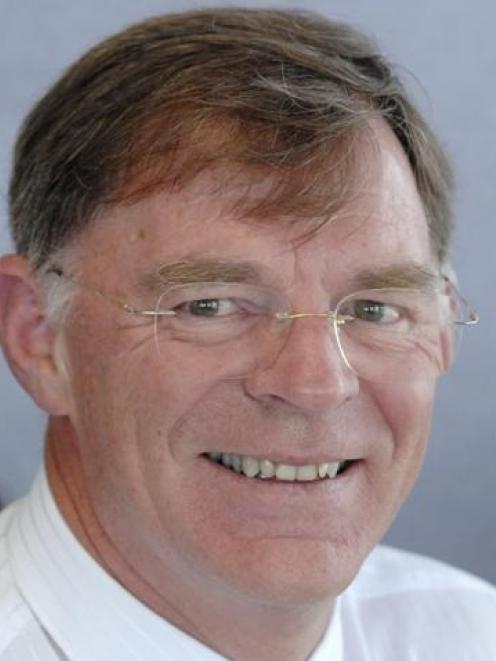
He was recently back from the North Island where he met dairy industry representatives to discuss the tool concept developed by Landcare Research.
It was hoped the tool would assist the council in implementing a new approach to dealing with runoff from land (non-point pollution) by making land use, such as farming, a permitted activity subject to contaminant discharge standards.
Mr Martin told a recent council meeting the organisations he had met had agreed on a combined effort to try to secure public funds to get the tool proposal developed.
"It's good progress."
Regional council representatives in the Waikato and Southland spoken to about the tool had also shown a "strong interest", he said.
The tool was still at concept stage and had not been physically constructed.
Further details could not be released because of intellectual property issues.
It was hoped once funding was secured, the tool could be constructed and trials set up, he said.
He saw no reason why serious work to further the concept could not begin before July 1 and envisaged a time frame for the project of within two years.
Further work by Landcare had indicated the tool itself could cost less than was first thought, Mr Martin said.
Chairman Stephen Cairns said it was very encouraging news but people wanted to know why it had taken so long for anyone to look for this sort of tool to be developed.
"It could turn out to be hugely important to New Zealand."



